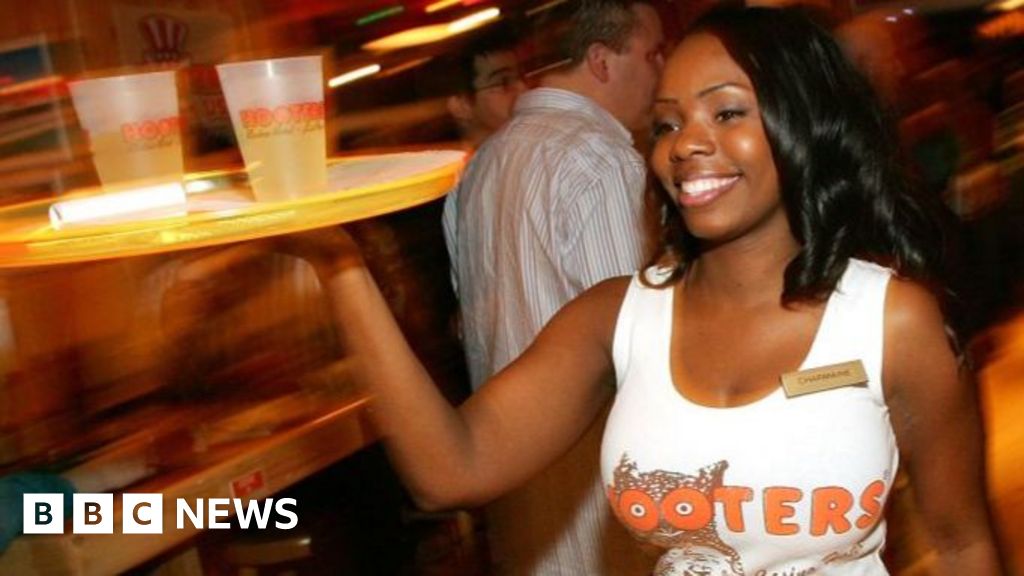
The Fall of the Hooters Owl: A Casual Dining Chain’s Struggle for Survival
The iconic owl, perched proudly atop a familiar orange-and-white building, has seen better days. Hooters, the casual dining chain synonymous with its waitstaff and a certain brand of playful atmosphere, has filed for bankruptcy. This isn’t a sudden collapse, but rather the culmination of years of struggle against a shifting landscape in the restaurant industry.
While the brand itself remains recognizable and holds a certain nostalgic appeal for many, the business model has evidently been unable to keep pace with the evolving demands of the modern consumer and the increased pressures on the industry. The core issue, like so many other casual dining establishments, boils down to rising costs. Inflation has significantly impacted the price of food supplies, and simultaneously, wages have increased to meet the demands of a tighter labor market. This pincer movement – rising input costs and rising labor costs – squeezes profit margins relentlessly, making it increasingly difficult to maintain profitability.
The bankruptcy filing isn’t indicative of an immediate closure of all locations. Instead, it represents a strategic restructuring maneuver aimed at ensuring the brand’s long-term survival. The company’s plan involves a sale of all its company-owned restaurants to a group with deep ties to the chain’s origins – its founders. This move suggests a belief in the underlying potential of the brand, but also acknowledges the need for a significant overhaul to address its financial woes.
The shift to a franchise-heavy model is a common strategy employed by businesses facing financial difficulties. It allows the parent company to shed the significant burdens associated with direct ownership and operation of multiple locations. Franchisees, with their localized knowledge and investment, often bear a greater share of the financial risk, allowing the franchisor to focus on brand management and overarching strategic decisions.
However, even this strategic shift doesn’t guarantee success. The success of a franchise model hinges on the ability to maintain consistent brand standards across diverse locations while providing sufficient support and resources to franchisees. A poorly executed franchise model can lead to inconsistent quality and customer experiences, further eroding brand value.
Beyond the financial pressures, Hooters faces a changing cultural landscape. The brand’s identity, long associated with a specific image and marketing strategy, may now clash with evolving societal expectations around gender and representation. Adapting to this shift while remaining true to its core brand identity is a delicate balancing act that will require considerable skill and sensitivity.
The future of Hooters remains uncertain. While the bankruptcy filing signals a significant challenge, it also presents an opportunity for a complete re-evaluation of the brand and its business model. The sale to a group intimately familiar with the chain’s history offers a degree of hope for a turnaround. However, the success of this restructuring will depend on a comprehensive strategy that addresses rising costs, enhances operational efficiency, and carefully navigates the ever-shifting landscape of the modern dining experience. The owl may be grounded for now, but its long-term flight path will depend on its ability to adapt and evolve in the face of adversity.



Leave a Reply